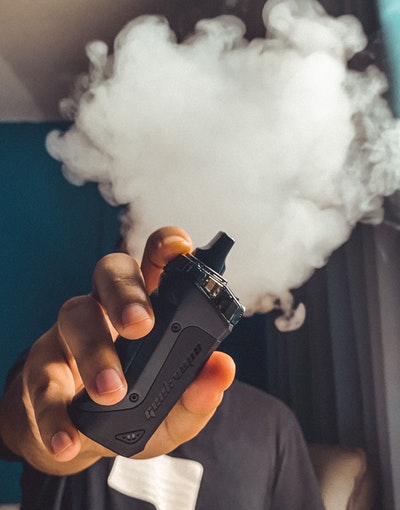Tough Love: How to Stage an Intervention for a Loved One
 Did you know that in 2013 over 22 million Americans needed treatment for an alcohol or drug addiction?
Did you know that in 2013 over 22 million Americans needed treatment for an alcohol or drug addiction?
No wonder that with so many people needing help, people are looking into how to help their own loved ones.
Do you have a friend or family member struggling with addiction? You can help them get the help they need. Keep reading to learn how to stage an intervention.
How to Stage an Intervention for a Loved One
First, you want to understand what an intervention is. It’s a conversation between loved ones and an addict. Sometimes an intervention specialist helps set up an intervention and supervise it. If you have tried to talk to your loved one about their addiction to alcohol or drugs and that hasn’t helped then a group intervention might be more effective.
At first, the thought of intervention might sound overwhelming and bit intimidating. If you learn the correct way of how to stage an intervention you’ll feel confident and prepared. The goal of the intervention is to help the person that’s struggling to get help through an addiction recovery or rehabilitation like the Florida Detox Program.
Know the Signs of Someone Struggling
There are a few signs that will let you know if someone is suffering from addiction. Some of them might include:
- Borrowing extra money
- Aggressive behavior
- Lack of motivation
- Problems at school or work
- Overly tired
- Secretive
- Not upkeeping their appearance
- Depressed
Keep in mind these are some of the signs but not an all-inclusive list. If your loved one is in denial about their addiction, then these can be signs to help you know if they’re in need of help or not.
Contact a Specialist
The first thing you want to do is contact an intervention specialist to help you with the process. A specialist has experience when it comes to dealing with someone that is suffering from an addiction. An intervention specialist can make a big difference when trying to get a loved one some help.
If your loved one is in denial, a specialist has the knowledge and experience in how to help him or her break the denial cycle.
Pick Your Group
Next on the list is choosing who will be part of the intervention. The people that you choose have to be positive and encouraging people. The point of the intervention is to be motivating for a loved one to make the decision to go get help so if the people you’re choosing to be part of the intervention group aren’t motivating or are negative it’s best to not include them.
Choose When to Talk
A key thing is to choose a time that your loved one is sober. Talking to someone about their addiction while they’re not sober will more than likely not give you the end result you’re looking for. It can even make matters worse.
When a person is under the influence they don’t have the ability to think clearly and register everything they’re being told. They also might become aggressive putting everyone’s safety at risk if they lose control.
Choosing a time in the morning might be the best time before your loved one has had time to even think about the substance they’re addicted to. If they recently went through a DUI or were banned from somewhere for being under the influence these are great opportunities also because they’re vulnerable after going through a life-impacting event due to their addiction.
Rehearse
The intervention specialist will guide you on what to say and how to start and lead the intervention. It’s important to know who will be talking first and the order everyone will be speaking.
Everyone can add to the intervention by sharing times that the addicted person has hurt them. Sharing these moments might trigger some clarity to your loved one.
Everything that is going to be said should be written down to make sure that no points are missed. Everything should also be rehearsed, including role-playing between everyone involved.
Body Language
How you say it is as important as what you say. Watch your body language while you’re talking during the intervention. Try to avoid crossing your legs or your arms, as this shows you’re closing yourself off.
Keep your hands open and look at the person that you’re speaking to. The words you will use during the intervention should be filled with love and your body language should match those words to avoid an unclear message to your loved one.
Set up Expectations
Some interventions might be perfectly planned out and everyone involved does a great job but their loved one refuses help. It can happen. Be prepared for the worst-case scenario in case this happens to you.
Be prepared in case your loved one refuses to get help. You will want to set up either a backup plan or an ultimatum in case this happens. Some people might be afraid to give an ultimatum but if done correctly they will encourage your loved one to make the right decision.
Be Confident in Staging an Intervention
There is no need to feel helpless or hopeless now that you know the appropriate way of how to stage an intervention. You can be confident that you will make a big difference in your loved one’s life by having the courage to take the steps mentioned above. It’s never too late to stage an intervention the sooner the better but even if you’ve waited there’s hope.
For more articles on health, money, or business check out our blog for the latest.






